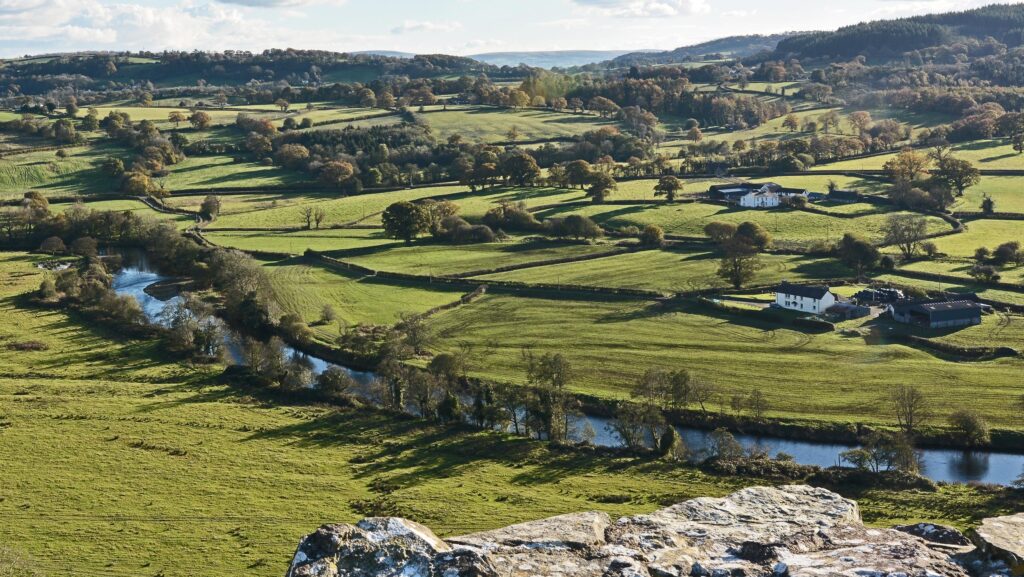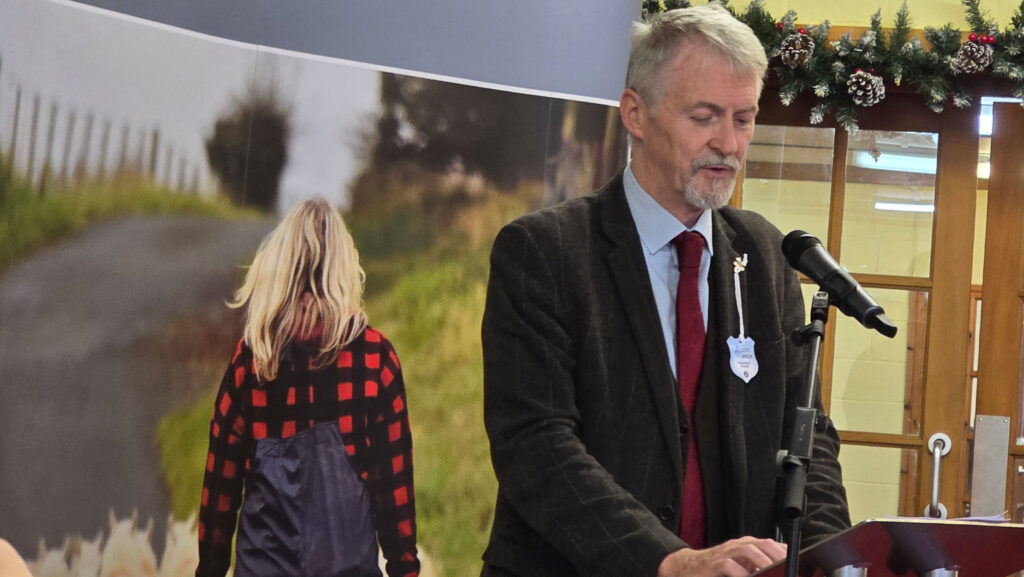Deputy first minister defends policies at Welsh Winter Fair
 © Adobe Stock
© Adobe Stock Wales’ deputy first minister Huw Irranca-Davies has defended his farming policies after farming lobby group Digon yw Digon said its members had no confidence in the current regime.
The group cited the Welsh government’s lack of commitment to negate the adverse impacts of the Sustainable Farming Scheme (SFS), pointing to the potential loss of family farms, damage to the rural economy, and policies that reduce Welsh food production.
See also: Huw Irranca-Davies rubbishes costly SFS impact assessment
In a statement, Digon yw Digon (which translates to Enough is Enough), said: “Just a month before the new scheme is due to start, those who have committed to the scheme are unable to plan ahead given the full requirements have not been published yet.”
It added that “farmers are being put under huge financial pressure to commit to a scheme with far too many unknowns”.
Fundamentally wrong
However, Mr Irranca-Davies told Farmers Weekly that while he appreciates their opinion, they are “fundamentally wrong” and the scheme was created in collaboration with the industry.
“We’ve devised a whole farm scheme that actually rewards farmers, not only for producing exceptionally good food here in Wales, but also for building in climate resilience to their farms.
“If they have a difficulty with that, that’s their difficulty. And I would simply say I’m here at the Winter Fair speaking to farmers as they go around, who have real confidence in what we’ve done, because they know we’ve done it together in collaboration.
“We’ve produced a very good scheme, and it’s ready to go on the first of January.”
Falling livestock numbers
Addressing concerns about falling livestock numbers, Mr Irranca-Davies said: “Numbers have been declining over many years, decades, in fact.
“It’s not just a Wales phenomenon. There’s something else going on here in terms of consumptions, in terms of diet and wider trends.”
The deputy first minister said the SFS didn’t prescribe livestock numbers on holdings.

Huw Irranca-Davies © MAG/Anne Dunn
“Instead, it gives individual farmers, real farmers, the ability to make their own decisions on farm, to actually do right things for the environment and climate resilience, but also to stock at the level that they think is appropriate.”
He added that there will be pathways to decarbonisation and that this can be done in a lot of ways.
“There’s nothing in the SFS, there’s nothing in Welsh government policy that says we are on a trajectory of de-stocking in our landscapes,” he stressed.
Bluetongue
With bluetongue virus threats ongoing, Mr Irranca-Davies said the Welsh government had listened to industry concerns.
“What we’ve done over the last year, contentious as it has been, is we have bought time for farmers to actually speak with their vets and talk about vaccination for the season ahead. We know those conversations are ongoing,” he said.
But he ruled out any financial help for vaccination.
“It’s a commercial decision to be taken by each farmer. What we will do is, and what we have done over the last year, is we’ve put a lot of investment into the veterinary service, into the control of this disease, and we’ll keep that going. There’s our part of it,” he said.
